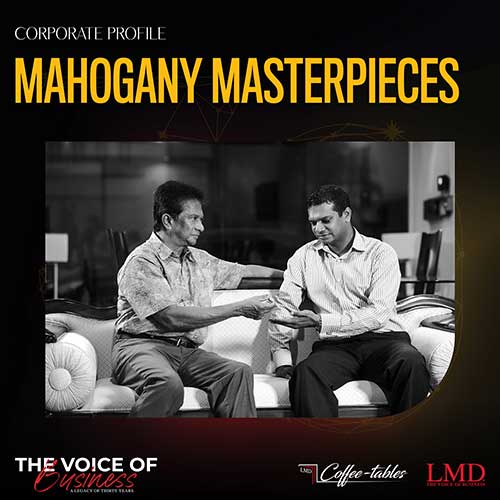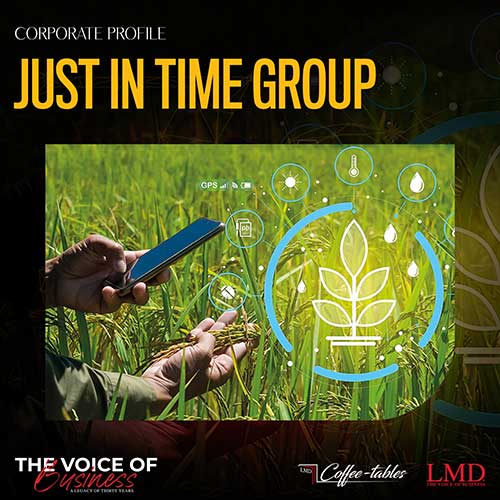LMD ARCHIVES
FROM THE THIRD DECADE
Extracts from our archives
2019
FROM INJURY AND INSULT TO A NEW INTEGRITY
Wijith DeChickera pours balm over a people’s wounds following the Easter Sunday tragedy

A nation at peace. Its people on holiday. The security establishment in slumber land. Only to be rudely awakened by dangerous men with dark and bloody designs. In the midst of life – Avurudu, Easter, a weekend away – Sri Lanka found itself in the midst of death.
To find our so-called leaders playing tag with blame and responsibility only added insult toinjury. A president who was away when it happened was slow to address the people. The premier and his cabinet apologised to the country, and rightly so. A security establishment at sixes and sevens on top of a lagging national reconciliation drive leaves our island like that van outside the first church – hardly a controlled explosion.
Its shock waves still reverberate.
The country – suddenly still and plunged into a limited emergency – had rather mobilise its better nature soon. For given the strategic triggers behind the organised chaos, it is likely (God forbid!) that things will get worse before they become better.
A majority of Sri Lankans – standing together to interpret the violence as terrorism rather than communal or sectarian – showed remarkable restraint in the aftermath, for something evil this way comes. There is reason to consolidate and fortify democratic, pluralistic, inclusive impulses.
That people will look to political and religious leadership in these egregious times is a foregone conclusion. But the calibre of direction has left something to be desired. And the likes of a Jacinda Ardern to lead or a Greta Thunberg to hold the establishment accountable to its electorate – nay, people – is a consummation devoutly to be wished in Sri Lanka today!
There is a plethora of trends to watch out for and militate against, both as a polity and singular insular community.

First, there is the utter uselessness of ‘intelligence’ if it is not humanely utilised in a timely manner. Against such folly, the gods themselves strive in vain… and it is up to the ordinary citizen to nurture and develop a deeper sense that every community in the country truly belongs to one another. Shared grief and pain is one bulwark in the face of national level bungling. There can come some good out of such tragedy if citizens stand together in good times and bad.
Second, we need an awareness of how radical religion can ‘instrumentalise’ erstwhile citizens into mobile bombs. There is now more than ever a cry to secularise the state, government apparatus, and national institutions and establishments.
Third, while speculation is rife – and much of it to be rejected – a growing sense that there are local and global agents inimical to the welfare and wellbeing of our once blessed isle.
Last not least, the overwhelming knowledge that Sri Lanka’s kairos time is upon us. It is by far the most right, critical and opportune time to uproot the evils of identity politics, and plant the seeds of pluralism as a bastion against putative future conflict.
And to do this, we must dig deep into our best mutual interests; eschew ethnic exceptionalism and continually interact with our elected representatives, to critically engage and ensure our national interest.
To fail to do so would be to die a myriad deaths from here to eternity.





